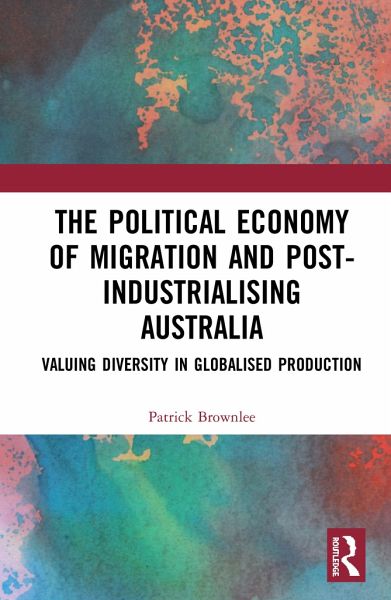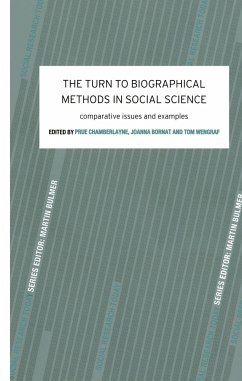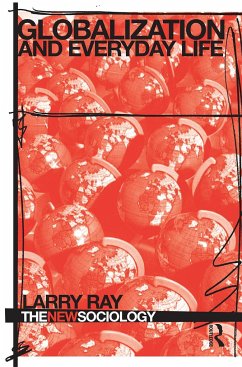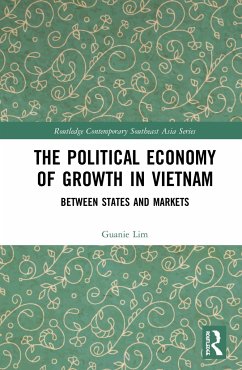
The Political Economy of Migration and Post-industrialising Australia
Valuing Diversity in Globalised Production

PAYBACK Punkte
84 °P sammeln!
This book analyses the policy idea termed Productive Diversity, introduced by the Australian government as a way of conceptualising the belief that migrants would bring business acumen and a global outlook to help Australia compete as a trading nation.












